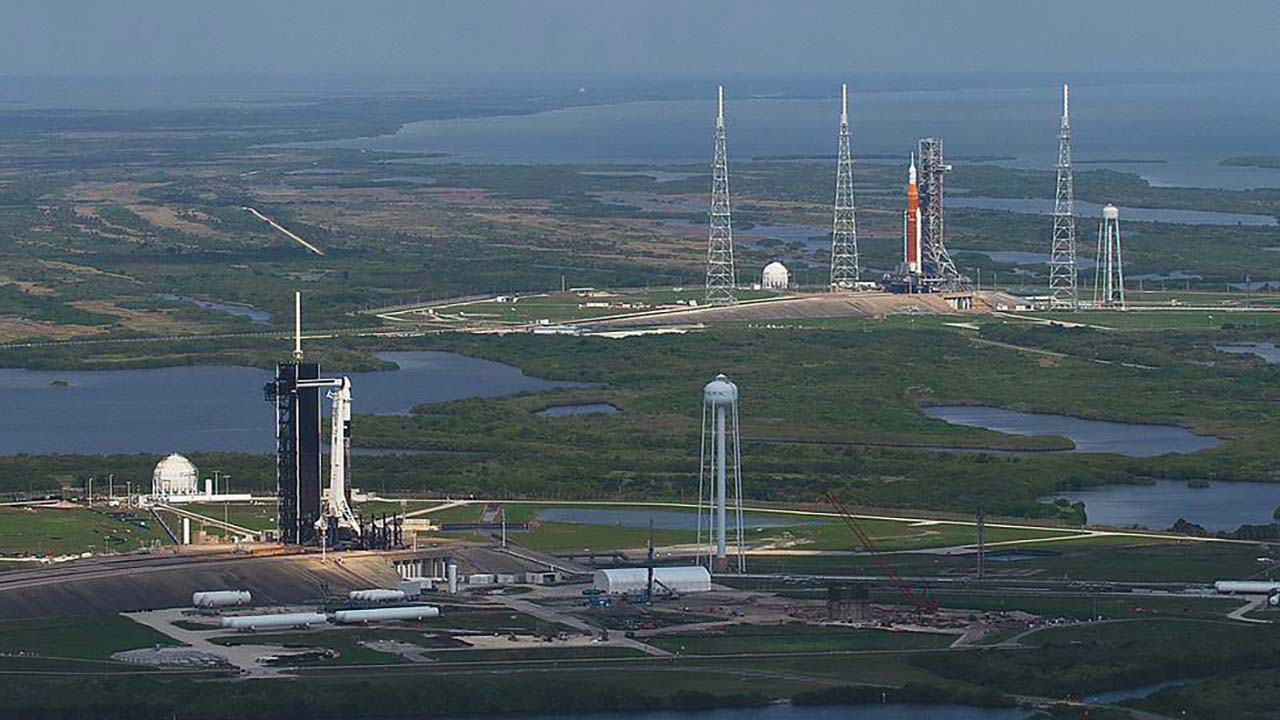The unique environment of the International Space Station (ISS) allows scientists to conduct biomedical research in ways not possible on the ground. Biomanufacturing in space could lead to important advances in regenerative medicine that benefit people on Earth and provide economic value. Last week, a perspective paper was published in Stem Cell Reports discussing the outcomes of a Biomanufacturing in Space Symposium held in 2020. The symposium was hosted by the Center for the Advancement of Science in Space, Inc. (CASIS), which manages the ISS National Laboratory, and the University of Pittsburgh’s McGowan Institute for Regenerative Medicine.
Biomanufacturing is the use of biological and nonbiological materials to produce commercially relevant biomolecules and biomaterials for use in preclinical, clinical, and therapeutic applications.
Access the Paper for Free
To learn more about the symposium and space-based biomanufacturing for regenerative medicine applications, access the paper for free through Stem Cell Reports.
In a series of virtual working sessions, the Biomanufacturing in Space Symposium gathered thought leaders in the areas of tissue engineering, regenerative medicine, and space-based research to identify the most promising opportunities to leverage the ISS for research and development to advance space-based biomanufacturing. The symposium was meant to serve as the first step in developing a roadmap to establish a robust and sustainable market for biomanufacturing in space.
The symposium identified and prioritized key opportunities to utilize the ISS for studies on disease modeling, stem cells, and biofabrication. During the symposium, participants underscored the critical need for public-private partnership and funding to advance these opportunities. Participants also highlighted the importance of using approaches such as automation, artificial intelligence, and machine learning in space-based biomanufacturing research.







